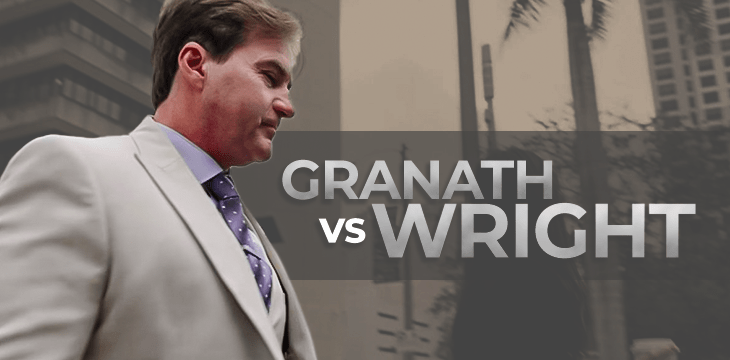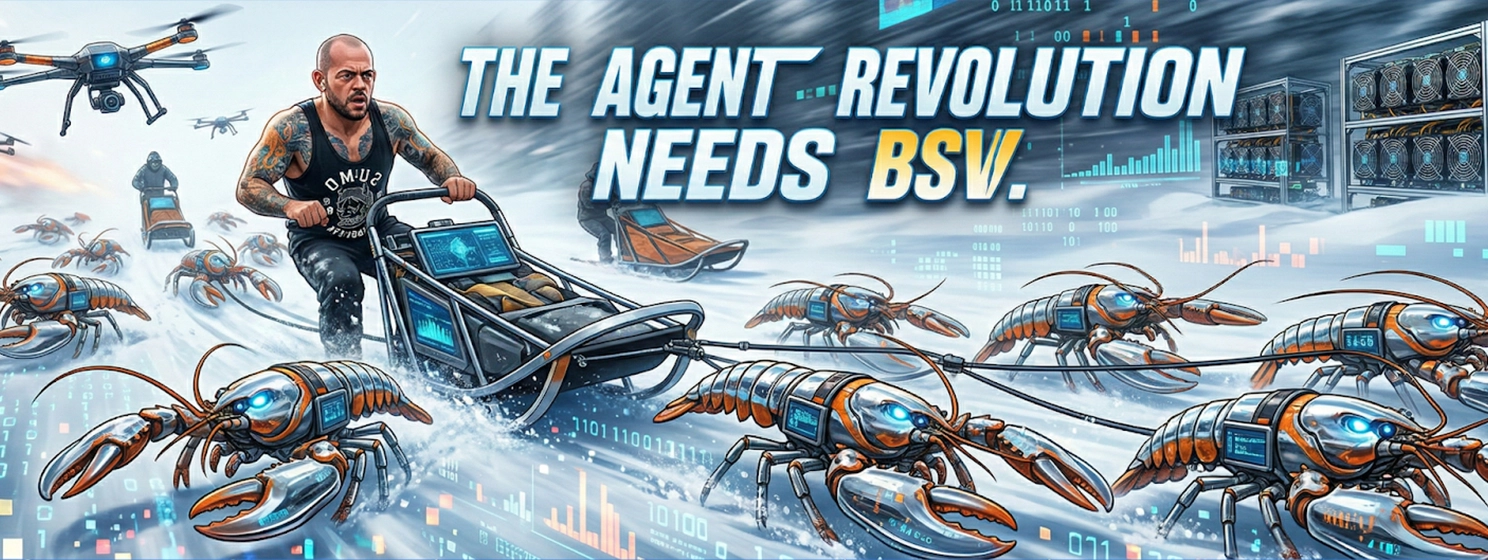|
Getting your Trinity Audio player ready...
|
The Granath v Wright trial ended for the weekend with a grueling session from the consultants KPMG about their forensic analysis of a pile of documents and emails for Magnus Granath’s side.
It was endless talk of source code, metadata, and even more arcane matters. The judge spoke for us all when she interrupted at one point to ask, “so what does it mean?” She summarized the answer as: “so something’s going on, but we don’t know what exactly.”
It was another world from the witnesses for Craig Wright, who had appeared earlier in the day. They relived bucolic scenes in Australia from Craig’s youth. “We were naughty young boys,” said his cousin Max Lynam. “We’d go down to the creek and play round in the mud.” And when they’d had enough of that, “instead of Lego,” they’d work on the Hitachi Peach computer that Max’s dad had just bought.
At university, Craig was even more interested in computers, according to his friend Shoaib Yusuf, now Managing Partner for the Boston Consulting Group. They loved discussing technology and business—including how credit card companies weren’t suited for the digital world. Craig believed that “we should have one single currency in the digital world which could be accepted globally.”
This was around 2007. Craig had a farm nearby and invited Shoaib over for the weekend. “I’d never been to a farm before in my life,” he admitted, and he was not expecting what he found. Craig’s farm had about 500 books and was impressively high tech—even “connected to a satellite internet.”
Two more witnesses talked about Craig’s working life: Neville Sinclair, who met Craig when they both worked for BDO, the auditors. And David Bridges, from Qudos bank. Between them, they told the story of how Craig tried to get backing for his Bitcoin plans, first from BDO and then from contacts he’d made through BDO.
For all these witnesses, the line of questioning ended in the same way: what did you learn about Bitcoin from Craig, and what did you think when he was outed as Satoshi? If Craig’s team were hoping for a knockout blow, it never quite happened. The stories were completely convincing and consistent, but one more step in each would have clinched it.
As well as inviting him to his farm, Craig sent Shoaib Yusuf “a lot of stuff”—links, research papers, etc., to follow up on their intellectual discussions. So did he send you the Bitcoin white paper? He was asked. Shoaib wasn’t sure: “he might have shared something with me, but I don’t recall.”
Did you discuss Bitcoin with Craig? Neville Sinclair was asked. Yes, he answered. In fact, in 2011, he even gave me a coin with the Bitcoin symbol on it as a token. He told me that Bitcoin “might be worth something down the track.” But Sinclair was never asked whether Craig had said he had invented it.
When did David Bridges first discuss Bitcoin with Craig? Well, he said, that would have been when someone used Bitcoin to buy a pizza. “He pulled up his laptop and showed me his digital wallet…showed how it all worked.” But we never learned whether Craig talked about his own connection to Bitcoin.
Finally, most intriguingly, there was Craig’s cousin Max Lynam. Both Max and his dad, Craig’s uncle, were still into computers when Max was an adult. Max said in late 2008, “Craig had some code that he wanted us to test.” Max helped his dad to upgrade his computer so it could run Craig’s code 24/7. Craig sent the program and “a few updates,” and it was “just sitting there running on the computer.”
So what was this mysterious program? It seems like they never enquired. But the program ran non-stop until the end of 2011. At that time, Max said the global financial crisis had hit their business, and they had to close it down. His dad switched off the computer, chucked it in a skip, and they moved house.
A couple of years later, in 2013, Max and his wife and children went to Melbourne to meet Craig’s second wife, Ramona, for the first time. Over dinner, Craig asked “if we still had the computer.” When he heard what had happened to it, he said, “you should have kept it; it might have been worth some money.”
And that was when he told them about Bitcoin mining. “We said ‘what does that mean?’” Craig explained that if the value of Bitcoin ever reached $800, he’d be a billionaire. He made some calculations about their computer and the time it had been running and said that they’d have 6,500 Bitcoins. At the time, Max said, Bitcoin was worth “still pretty much nothing,” and it was “definitely not worth looking for a computer that had been put in a landfill a couple of years ago.”
It was a sad story, but Max shrugged it off. And when Craig was outed as Satoshi, he was only bemused: “I don’t know why everyone’s so upset about him calling himself Satoshi – it could be Bob.” Yes, plain old Bob Nakamoto. That might have saved a lot of trouble.
Check out all of the CoinGeek special reports on the Granath vs Wright YouTube playlist
Recommended for you
The views expressed in this article are those of the author and do not necessarily reflect the position of CoinGeek.

 03-04-2026
03-04-2026 




